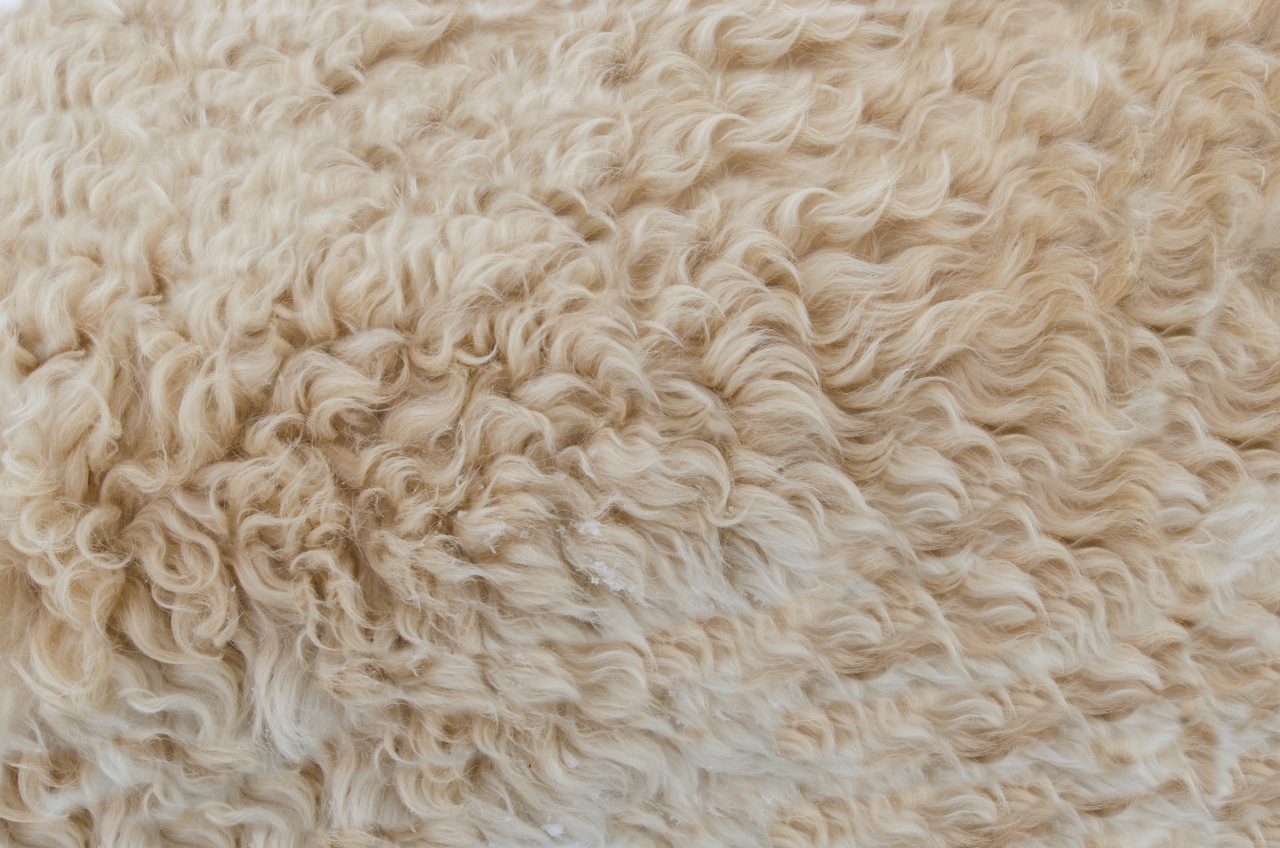Menopause is a natural phase in a woman’s life when her menstrual cycle comes to an end. This transition is often accompanied by several physical and hormonal changes, one of which is dry skin.
Dry skin during menopause is a common symptom that can cause discomfort and distress.
Understanding Dry Skin during Menopause
As women age and approach menopause, the hormonal balance in their bodies undergoes significant changes. One of these changes is a decrease in the production of estrogen, a hormone that plays a crucial role in maintaining skin health.
Estrogen helps the skin retain moisture, promoting its elasticity and smoothness.
When estrogen levels decline during menopause, the skin becomes less efficient at retaining moisture. This can lead to dryness, itchiness, and flaky skin.
Dry skin during menopause can affect any part of the body but is particularly common on the face, hands, and legs.
Common Symptoms of Dry Skin during Menopause
Menopausal dry skin can manifest in various ways. Some of the common symptoms include:.
- Tightness or discomfort
- Flaky or peeling skin
- Itchiness and redness
- Fine lines and wrinkles becoming more prominent
- Skin becoming more sensitive to certain products
If you are experiencing any of these symptoms, there are several effective solutions and remedies available to help alleviate dry skin during menopause.
1. Moisturize Regularly
Regular moisturization is crucial to combat dry skin during menopause. Look for moisturizers that contain ingredients such as hyaluronic acid, glycerin, or ceramides. These ingredients help the skin retain moisture and improve its hydration levels.
Apply moisturizer immediately after bathing or washing your face to lock in the moisture. It’s essential to choose a moisturizer suitable for your skin type, whether it’s oily, dry, or combination skin.
2. Avoid Hot Showers and Baths
While a hot shower or bath may feel relaxing, it can exacerbate dry skin. Hot water strips the skin of its natural oils, leading to increased dryness. Opt for lukewarm water instead and limit your bathing time to prevent further dehydration of the skin.
3. Use Gentle Cleansers
Harsh soaps and cleansers can further irritate dry skin during menopause. Choose mild, fragrance-free cleansers that are specifically formulated for sensitive or dry skin.
These cleansers are gentle and don’t strip away the skin’s natural oils.
Avoid excessive scrubbing or exfoliating your skin, as this can aggravate dryness and lead to micro-tears in the skin’s surface.
4. Stay Hydrated
Drinking an adequate amount of water throughout the day is vital for overall skin health. Hydration comes from within, and drinking plenty of water can help improve dry skin during menopause.
Aim for at least eight glasses of water daily to keep your skin hydrated and healthy.
5. Use a Humidifier
Dry indoor air can worsen the symptoms of menopausal dry skin. Invest in a humidifier to add moisture to the air in your home, especially during the winter months when indoor heating can further dehydrate your skin.
This additional moisture can help alleviate dryness and itchiness.
6. Wear Sunscreen
Protecting your skin from the harmful effects of the sun is essential for all skin types, including dry skin. Apply a broad-spectrum sunscreen with at least SPF 30 before stepping out, even during cloudy days.
Sunscreen not only prevents sunburn but also reduces the risk of premature aging and further dryness caused by sun damage.
7. Avoid Irritants
Many everyday products contain harsh chemicals that can irritate dry skin during menopause. Avoid using products with alcohol, fragrances, and other potential irritants.
Choose skincare and cosmetic products that are labeled as hypoallergenic, non-comedogenic, and fragrance-free.
8. Add Omega-3 Fatty Acids to Your Diet
Omega-3 fatty acids are crucial for maintaining skin health. These healthy fats help reduce inflammation and retain moisture in the skin.
Incorporate foods rich in omega-3 fatty acids into your diet, such as fatty fish (salmon, trout), chia seeds, flaxseeds, and walnuts.
9. Consult a Dermatologist
If your symptoms persist or worsen, it’s important to seek medical advice. A dermatologist can evaluate the severity of your dry skin and recommend specific treatments or prescribe medications to alleviate discomfort.
They may also identify any underlying skin conditions that can contribute to dryness.
10. Practice Stress Management
Menopause itself can be a stressful phase for women, and stress can worsen existing skin conditions. Incorporate stress management techniques into your daily routine, such as meditation, yoga, deep breathing exercises, or engaging in hobbies you enjoy.
Minimizing stress can help improve overall skin health.































